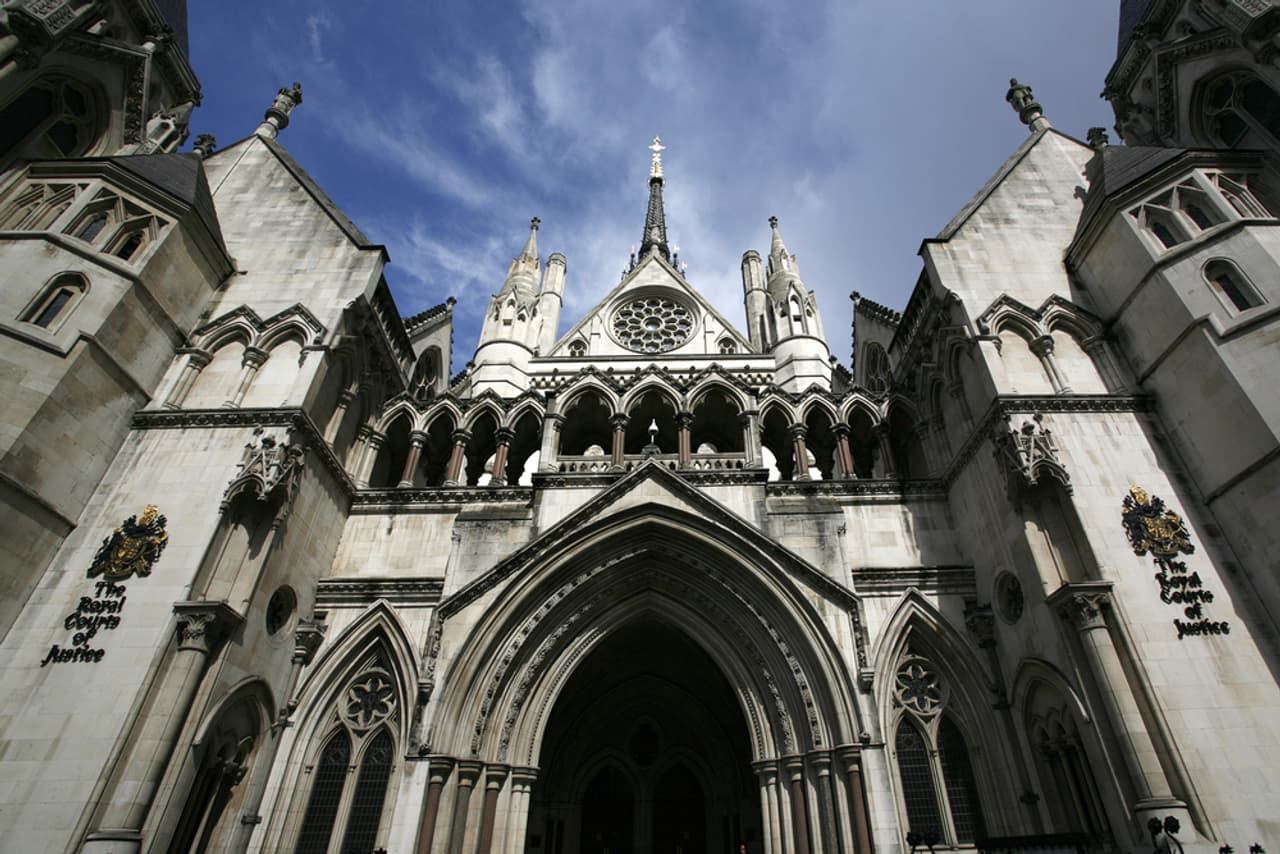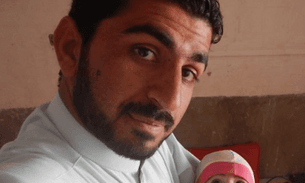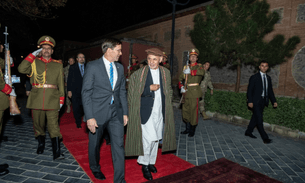
First UK legal challenge to CIA drones blocked by Court of Appeal
An unprecedented attempt to discover if UK officials are complicit in CIA drone strikes in Pakistan has been stopped by the Court of Appeal.
The court ruled that a case being brought by a Pakistani whose father was killed in a CIA drone strike on March 17 2011, could not go ahead as it could require an English court to pass judgements on the United States.
The case was brought by Noor Khan whose father was a tribal elder from Pakistan’s northwestern tribal region. Khan’s father died as he led a tribal council. At least 18 other civilians were reported killed in the strike.
For two years Noor Khan has been trying to get English courts to examine whether UK officials at GCHQ share information about targets in Pakistan with the CIA, and whether this could therefore make British spies complicit in murder or war crimes. The British government has consistently refused to confirm or deny whether it does share such intelligence.
‘I used to think that Britain stood for justice, but now it seems as though the Government has put itself above the law’ – Noor Khan
In the latest case Khan’s barrister Martin Chamberlain QC told the court he was not seeking a judgement on the actions of the US. He asked the court to determine that, if a hypothetical UK operative was carrying out the drone strikes in Pakistan, would that mean British officials who shared intelligence enabling those strikes were committing a crime.
The case was heard by the Master of the Rolls, the second most senior judge in England, and two other senior appeals court judges: Lord Justice Laws and Lord Justice Elias.
The Master of the Rolls found Chamberlain’s argument ‘persuasive’. But, he said: ‘There is no escape from the conclusion that, however the claims are presented, they involve serious criticisms of the acts of a foreign state.’ UK courts can judge a foreign state’s actions in exceptional circumstances. But ‘there are no exceptional circumstances here.’
However the Master of the Rolls did say ‘it is certainly not clear that the defence of combatant immunity would be available to a UK national who was tried…with the offence of murder by drone strike.’ Combatant immunity protects soldiers taking part in armed combat from charges of murder.
Related story – First UK legal challenge to CIA drones reaches Court of Appeal
Rosa Curling from Leigh Day, which is representing Khan, said: ‘The court’s decision not to determine the lawfulness of our government’s involvement in CIA drone strikes in Pakistan, deadly strikes which have killed many civilians over recent years including my client’s father, simply to spare the US government embarrassment is not only disappointing but also deeply worrying.
‘The courts must have jurisdiction over the legality of our government’s action irrespective of whether they act alongside a foreign state or not.’
Khan whose case was backed by legal charity Reprieve said: ‘I used to think that Britain stood for justice, but now it seems as though the Government has put itself above the law. However, I am still determined to get answers from the UK Government about the part they have played in the death of my father.’
Subscribe to the drones newsletter. Follow @jackserle on Twitter.


